
- Article
- Article
Sick of the theatre
What makes the stage a good place to share real-life experiences of ill health?

- Article
- Article
When monarchs healed the sick
Our current Queen fortunately doesn’t have to spend hours laying hands on the sick to cure them. But it was a different story for monarchs of the early modern era, whose touch was a sought-after treatment for scrofula.

- Article
- Article
When doctors get sick
Feeling guilty about developing a health problem, our anonymous GP contemplates how the system could better support doctors when they’re sick.
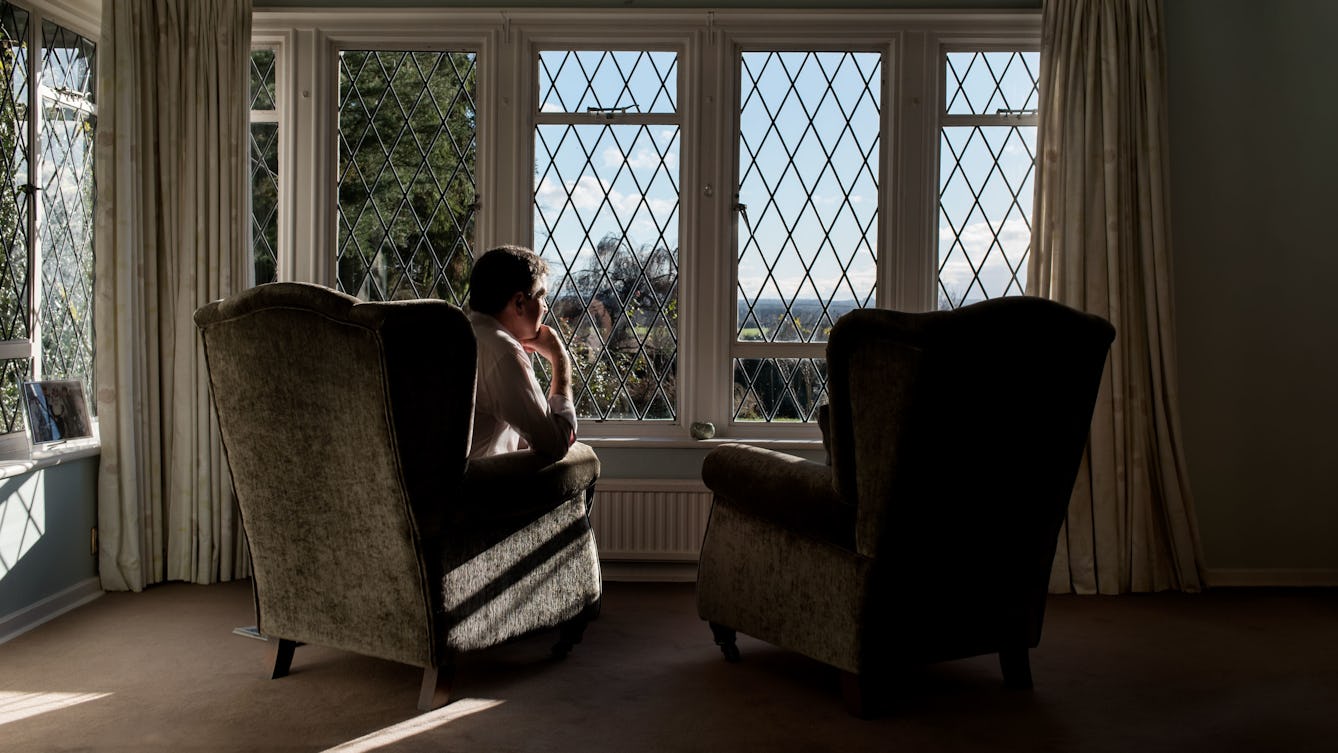
- Article
- Article
Sick of being lonely
When his relationship ended, Thom James first withdrew from the world, then began to suffer from illnesses with no apparent physical cause.
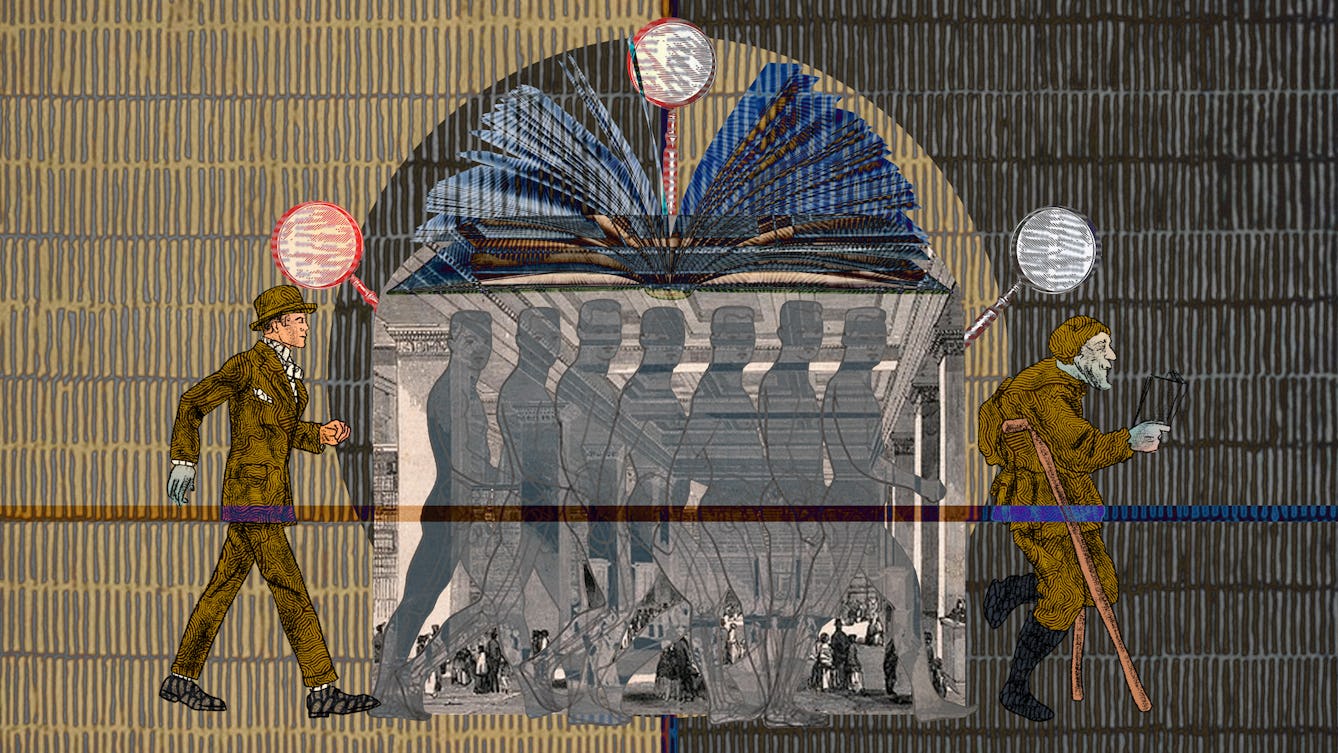
- Article
- Article
Between sickness and health
In early 2020, the subject Will Rees was studying – imaginary illnesses – took on a new relevance as everyone anxiously scanned themselves for Covid symptoms each day. But this kind of self-scrutiny is nothing new, as he reveals.
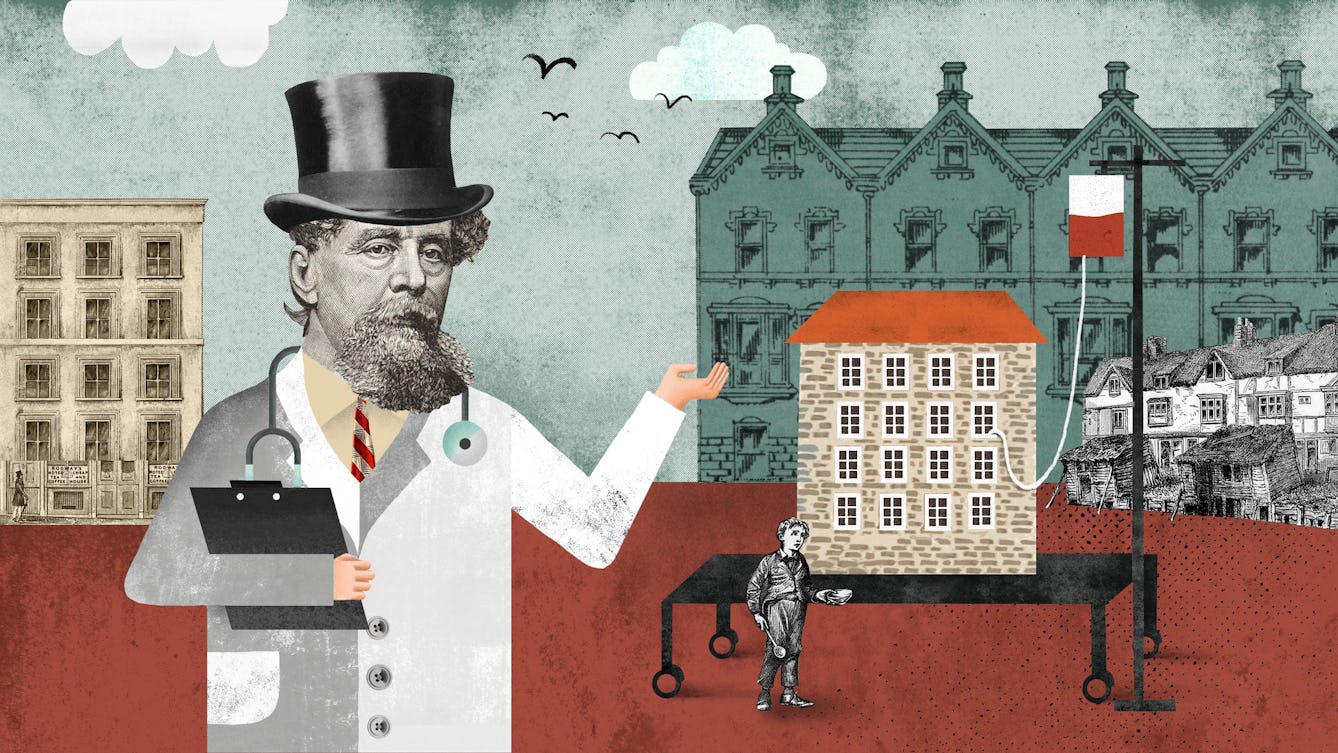
- Article
- Article
How slums make people sick
A newly gentrified corner of Bermondsey leaves little clue to its less salubrious history. But a few intrepid writers recorded the details of existence in one of London’s most squalid slums.
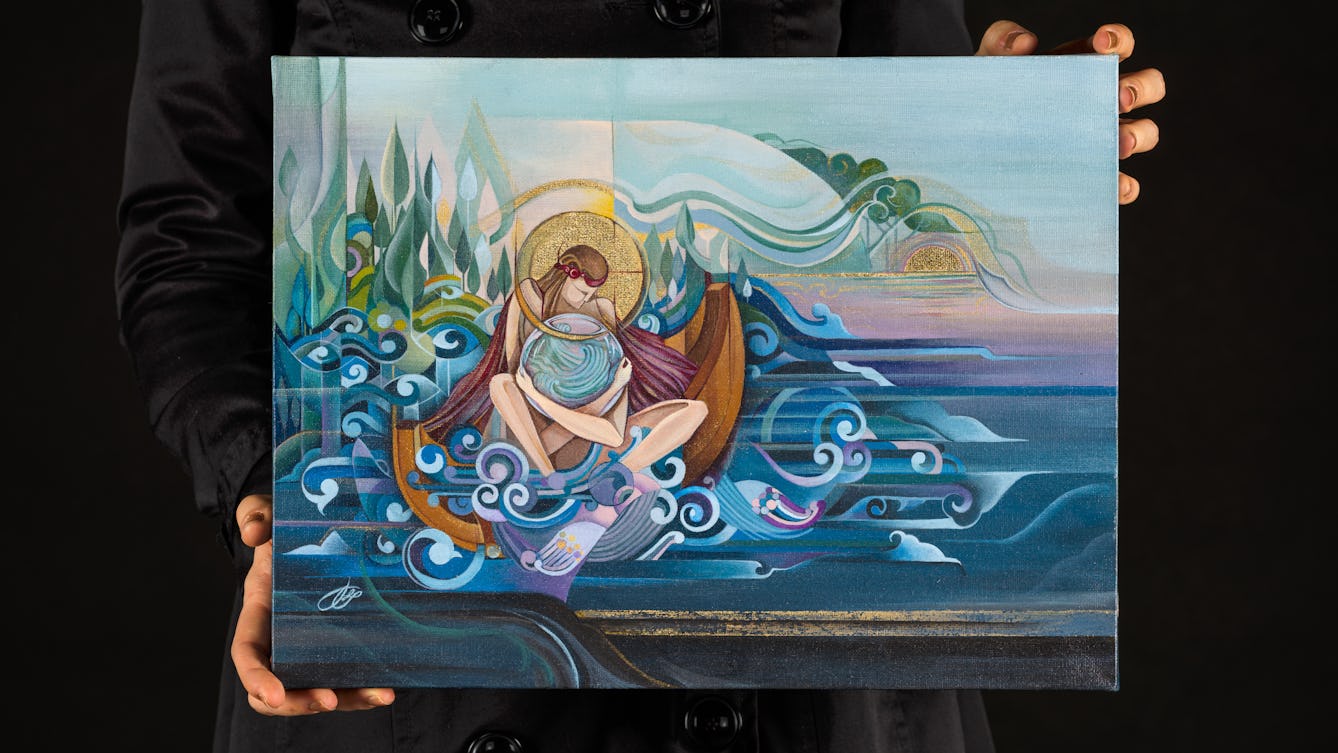
- Article
- Article
Social isolation and the search for sanctuary
Threatened with deportation, Furaha Asani turned to her church for support. Met with silence and disinterest, she walked away, but argues that churches should do much more for migrants.

- Article
- Article
The bishop’s profitable sex workers
How did the Church rake in revenue from 14th-century sex regulations? Kate Lister explores a bishop’s lucrative rulebook.
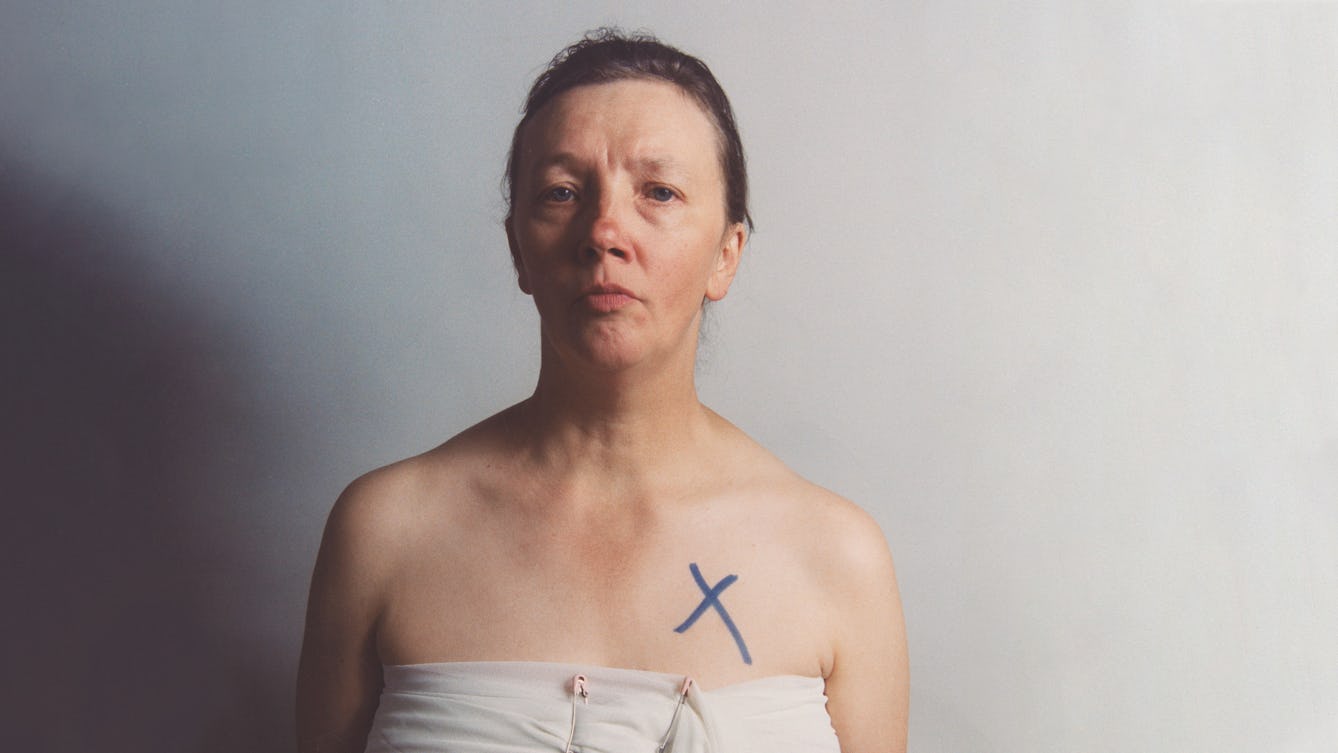
- Article
- Article
Pain, politics and the power of photography
Art historian Giulia Smith explains what she most admires in the work of Jo Spence and Oreet Ashery, and how their approach makes illness political.
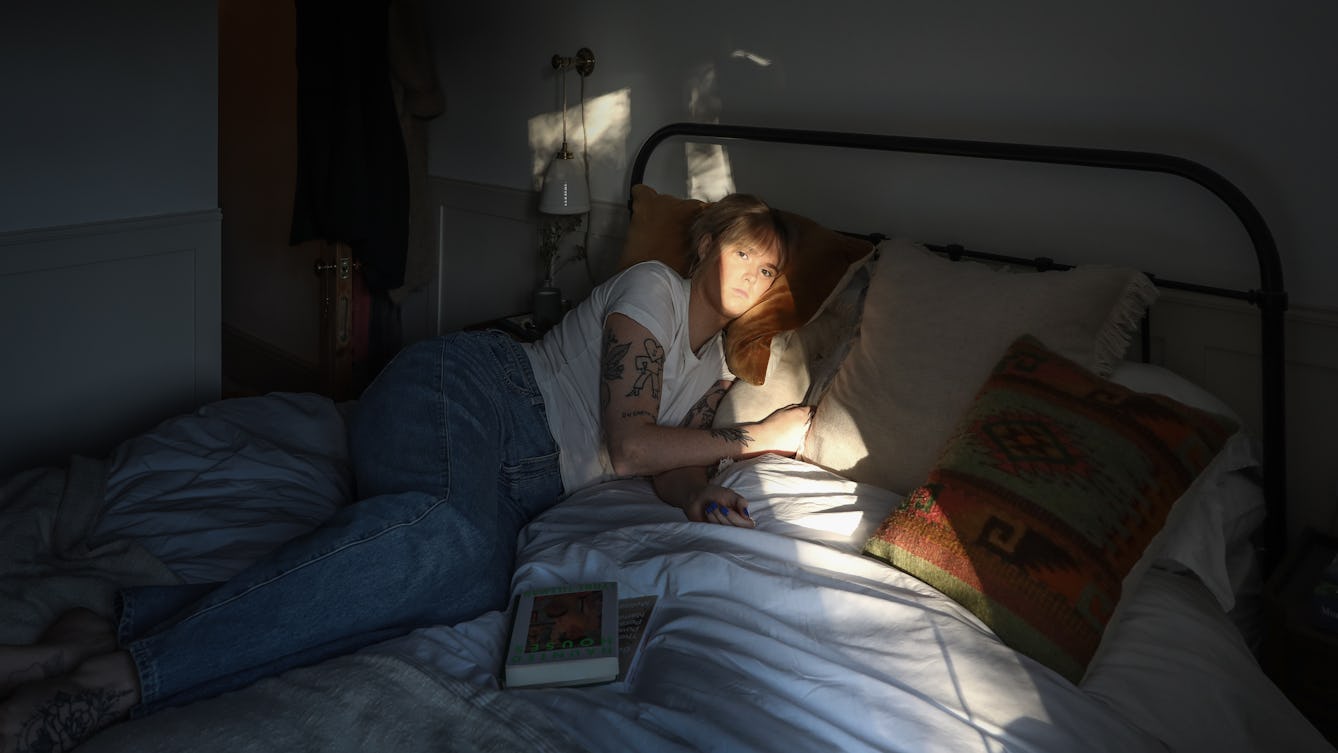
- Article
- Article
Living with invisible illness
What happens when the signs of your illness are invisible to the rest of the world? Hannah Turner describes the daily struggles of living with invisible illness.

- Article
- Article
Chronic illness and the pressure to get well
When she was ill, Naomi Morris assumed she was on a straightforward journey from sickness to health. But what if our experiences of mental distress and ill health aren’t that neat?

- Article
- Article
Living with less for spiritual gain
Today, a minimalist lifestyle is trumpeted as a route to happiness. Find out what religious ascetics from history and modern proponents of the spartan-looking home can teach us.
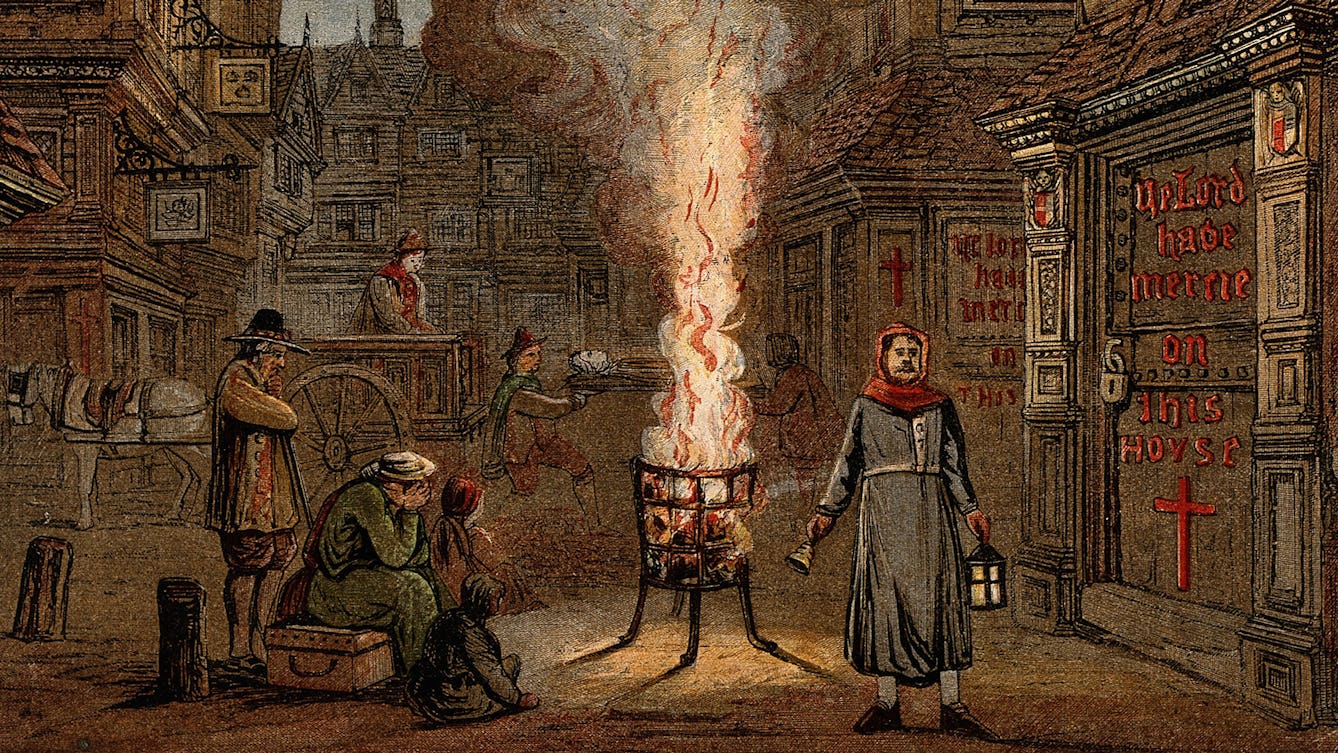
- Article
- Article
The tradesman who confronted the pestilence
The City of London, 1665. As the Great Plague hits the capital, John New faces a deadly dilemma.
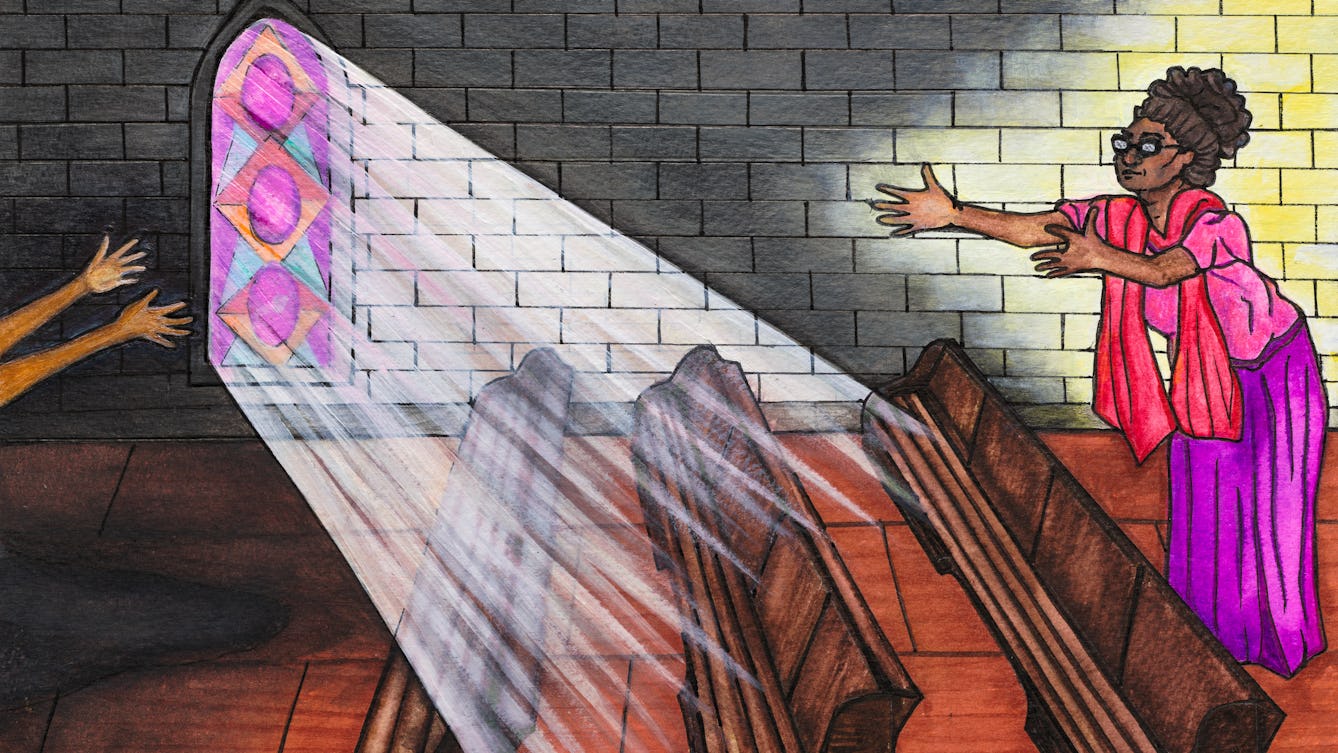
- Article
- Article
Religion and mental health
At a time of extreme distress, Jamila Pereira found that the faith she had relied on was failing her. Here she describes how she found other ways to begin healing and finding happiness.

- Article
- Article
The extraction of the excruciating bladder stones
Among those vying to find alternatives to major surgery for bladder stones, young doctor Jean Civiale stood out, painstakingly honing a method that was to become the norm.

- Article
- Article
The birth of the public museum
The first public museums evolved from wealthy collectors’ cabinets of curiosities and were quickly recognised as useful vehicles for culture.

- Article
- Article
An animated almanac for the modern world
Discover why Thomas Coleman wanted to make a medieval folding almanac relevant to the modern world and see the film for yourself.
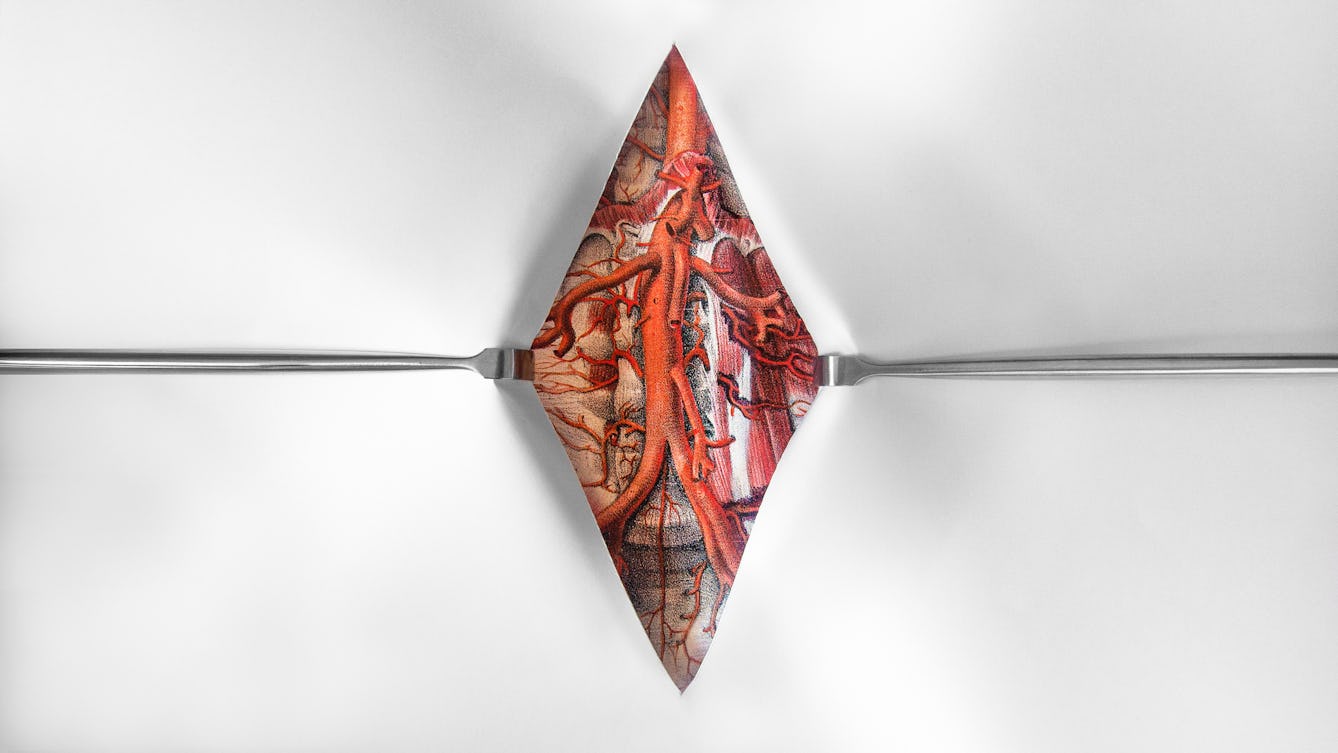
- Article
- Article
The blight of the ballooning blood vessels
In 1817 an emergency operation on a London porter was hailed a ‘success’ despite the patient’s swift demise. Find out how this case became a landmark in vascular surgery.
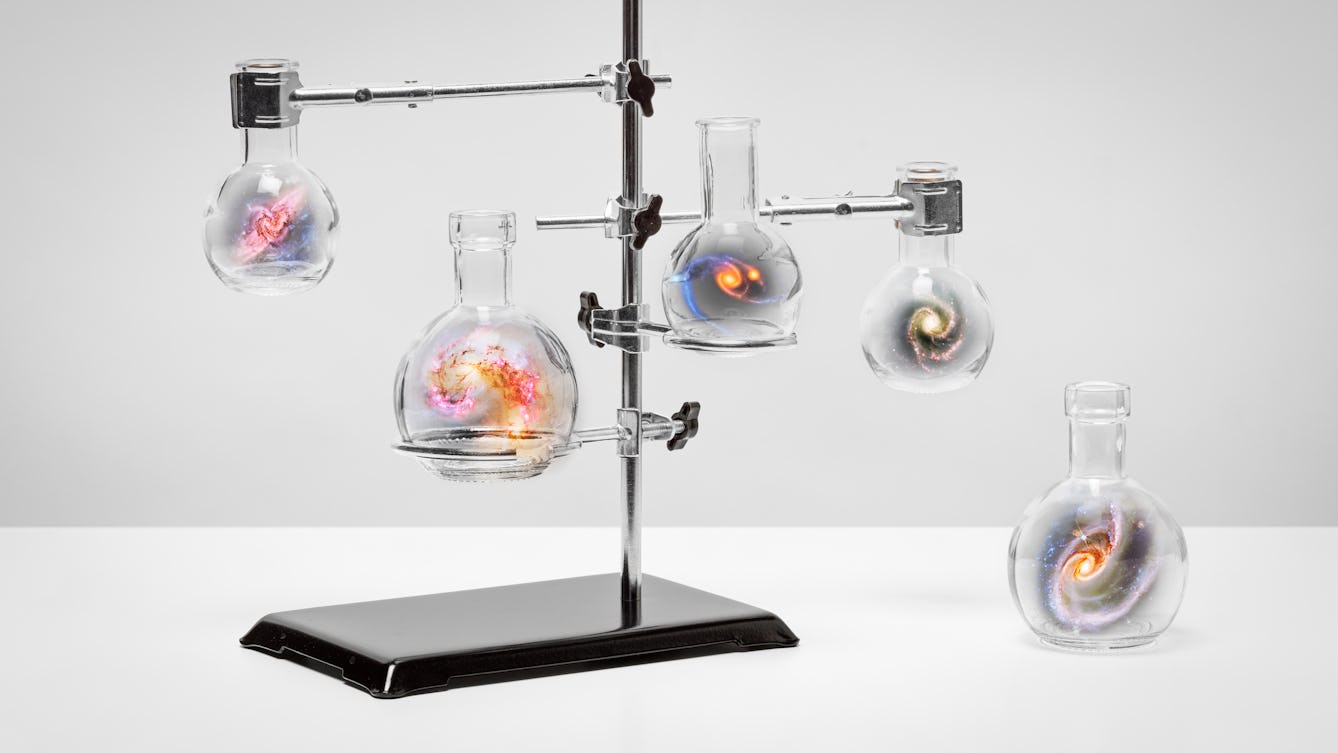
- Article
- Article
Illness and the influence of the stars
Could alien germs from space have caused major pandemics across the world? Taras Young investigates the ideas of a few unconventional scientists who believe this to be the case.
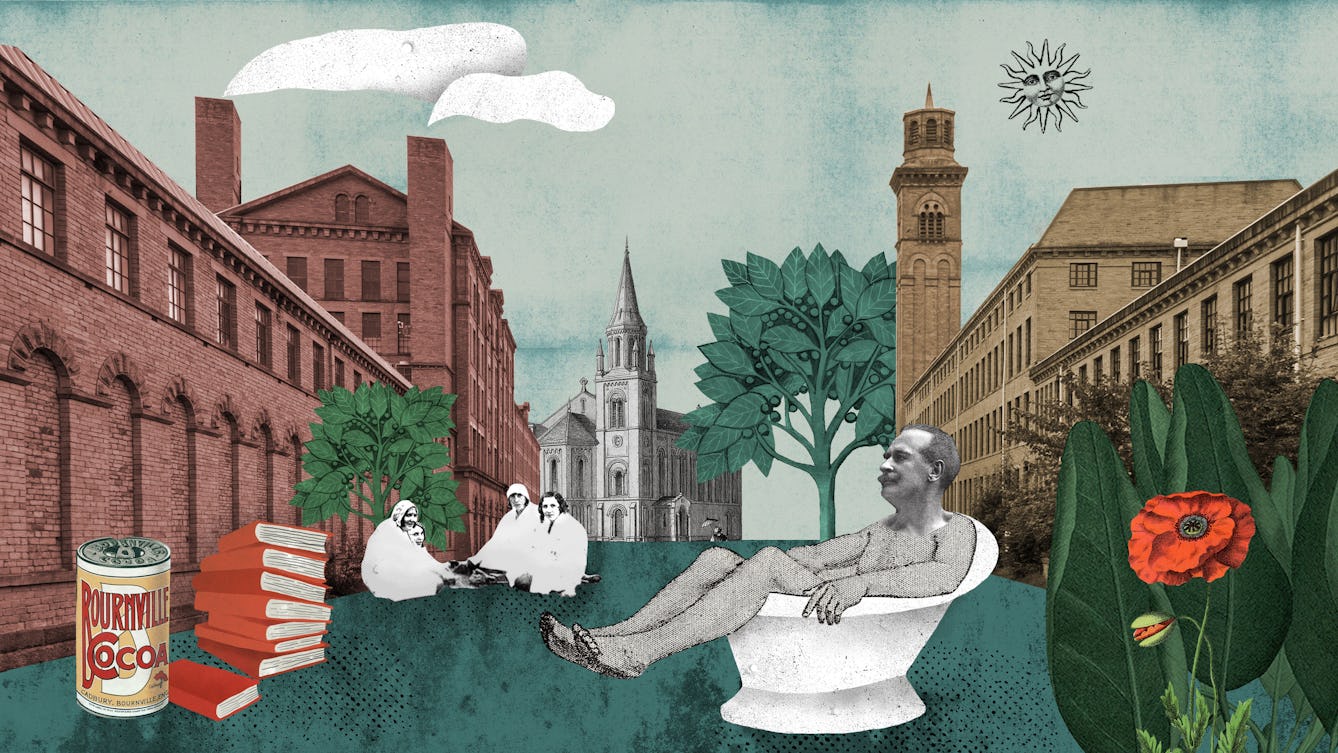
- Article
- Article
Homes for the hives of industry
By building workers’ villages, industry titans demonstrated both philanthropy and control. Employees’ health improved, while rulebooks told them how to live ideal lives.

- Article
- Article
Diagnosing the past
Historical texts rarely supply enough detail for a definitive diagnosis, so medical historians need to proceed with caution.

- Article
- Article
“People see the disability but forget the ability”
I’m a disabled Asian woman, and mother of four. I’m trying to show people that we have to talk about disability if we want things to change.

- Long read
- Long read
Rehab centres and the ‘cure’ for addiction
Guy Stagg takes us on a brief history of rehab centres and their approaches to addiction and recovery.

- Article
- Article
The meanings of hurt
In the early modern period, gruesome incidents of self-castration and other types of self-injury garnished the literature of the time. Alanna Skuse explores the messages these wounds conveyed.

- Article
- Article
The food diary and the power of unhealth
Food diaries might appear to present a strictly factual record of dietary choices, but what they don’t include is the more revealing story, as Virginia Hartley suggests.